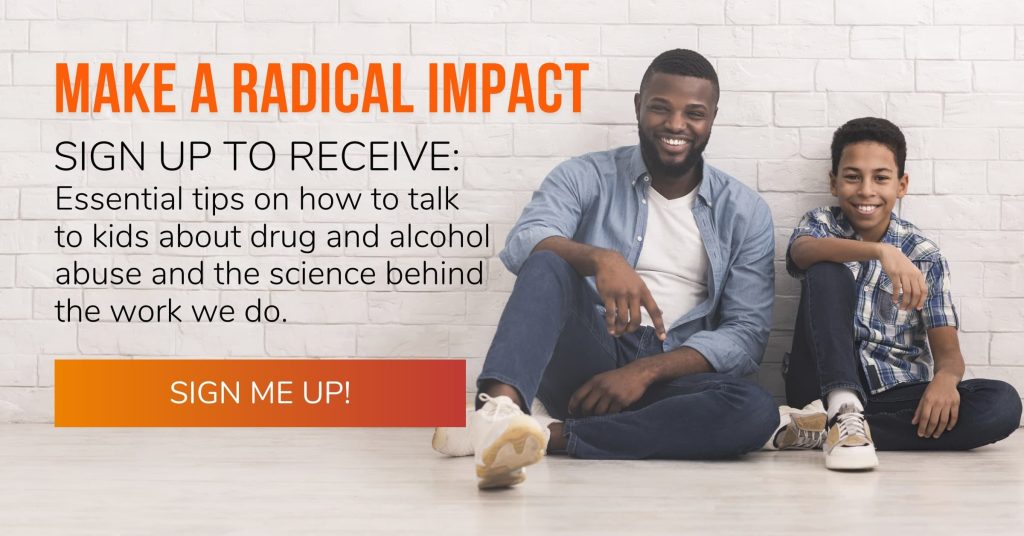What resources do kids need in life in order to be prepared to live life well?
Allow us to introduce you to the Developmental Assets Framework. Grounded in decades of research, the framework has uncovered the most critical external and internal resources a kid needs to have to thrive in life and make the healthiest choices.
It’s incredibly useful because it helps us understand how to deliberately guide kids to the learning experiences and opportunities that will most likely set them up well for a successful future.
One of the most significant assets everyone needs has to do with supportive relationships.
With your kids, it’s helpful to remember that social skills aren’t innate — they need to be learned and nurtured over time.
Here’s a running list of the kinds of people every person needs in their lives:
1. Confidant: A confidant is someone that you can trust to share everything with. They won’t recoil in disgust or judgment. They aren’t quick to offer advice or fixes. A confidante is likely your best friend, someone you can always count on.
2. Airport Driver: Let’s say you have a flight coming up at 5 am. Who do you call? Everyone needs someone they can count on in a pinch. The friend who offers to help you move. The person you expect to give you a present on your birthday.
3. Neighbors to Take in Your Trash Can: Our neighborhoods have changed over the last two generations, but still, it’s important to have relationships with the people you live around whom you can count on to take in your trash can or pick up a package for you.
4. Monday Night Football Buddy: Who do you invite over when you want to watch the big game? The person who is fun, they share interests with you and can be generous with good conversation. This is the person who doesn’t complain when you don’t call them for a couple of months, either.
5. Advisors: An advisor is someone you trust to listen to you, get to know you, and both encourage you and speak a hard truth to you. An advisor is someone who is full of wisdom, is a great listener, and can help you understand deeper things happening in your life. Often an advisor will be older than you but doesn’t need to be.
6. Guide: Everyone needs a guide in their lives — someone who has already walked down a similar path, has been through similar challenges, and has the empathy to understand what you’re going through. A guide is someone who can come alongside you and invite you to take the hard steps that are necessary to grow.
7. Role Models: You need people to look up to — people who are demonstrating what life looks like well-lived and in a style and flavor that resonates with who you are. Your role models can be people that you know (ideal), or they can be public figures. They can be alive or dead, fictional or real, and not one person will fit into every category for you.
8. Advocates: These are people who can sponsor you to others. They have access and power, and they have the ability to offer their credibility on your behalf. This might be a teacher who offers a college recommendation letter, a family friend who can get you an interview for an internship, or a boss who can champion your talents for a new opportunity.
9. Access to Resources: Okay, you might cringe a little bit at this one because this is basically the ‘rich and powerful’ part of your squad. At some point in your life, you’ll likely find a mission or a cause that will require more resources than you have at your disposal. Whether it’s to start a company or raise money for a non-profit, having people who are in your circle who have access to significant resources will be key.
10. People to Serve: We’ll deal with issues of morality and generosity elsewhere, but for this conversation, I’ll say that it’s vitally important for your mental, emotional, and spiritual health for you to have direct contact with people to serve. Serving people gives you an opportunity to exercise your talents, it connects you with a deeper meaning, it reminds you of what’s most important, and it teaches you about yourself and your ongoing growth to maturity.
11. Diversity: As a final word about building your own squad, it’s important to avoid creating your own echo chamber where the voices you hear and the perspectives you learn from have the same accent, metaphorically speaking. You need to have people in your close circle who come from different walks of life than you, have distinctly different perspectives than you, and who can shape you into an integrated person.
As you consider the list above, what’s missing?
More importantly, as you think about the different kinds of people to include in your squad, where are the gaps right now?
If you enjoyed this article, sign up to receive weekly emails from us here. Each week, as part of our drug prevention program for youth, we send out short, content-rich articles on the most important topics parents and educators need to know about in order to guide their kids to a thriving life. They include digestible and relevant research plus actionable exercises and activities you can implement. If you’d like to receive the Natural High Essentials, just click here and sign up today.


